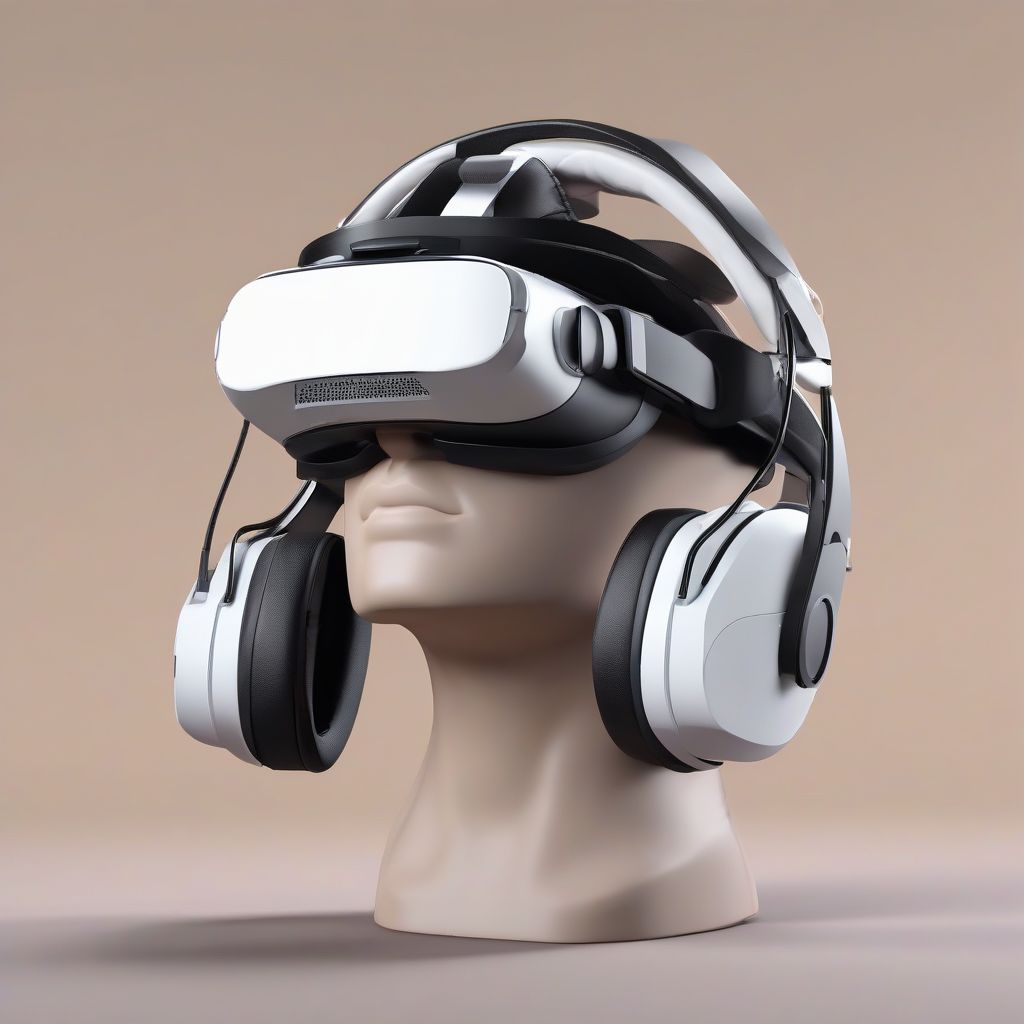Imagine stepping into a world where the impossible becomes possible, where you can climb Mount Everest in your living room or design your dream home with a wave of your hand. This is the promise of virtual reality (VR), a technology that’s rapidly transforming from a futuristic fantasy into a tangible reality. The rise of VR startups is a testament to this shift, with innovative companies pushing the boundaries of what’s possible and shaping the future of how we live, work, and play.
A New Wave of Innovation: Why VR Startups are Thriving
The VR landscape is dynamic and bursting with potential, attracting a new breed of entrepreneurs eager to tap into its vast possibilities. Several factors are fueling the surge of VR startups:
- Technological advancements: The barriers to entry in VR are lowering. More affordable hardware, increasingly powerful software, and streamlined development tools are empowering smaller companies to compete.
- Growing market demand: From gaming and entertainment to healthcare and education, the appetite for immersive experiences is growing rapidly. This demand is creating lucrative opportunities for VR startups catering to niche markets.
- Venture capital influx: Investors are recognizing the transformative potential of VR, pouring billions into promising startups. This financial backing is providing the resources needed for research, development, and scaling.
 VR Gaming Headset
VR Gaming Headset
Disrupting Industries: Where VR Startups are Making their Mark
The impact of VR startups extends far beyond the realm of gaming. These companies are disrupting established industries and creating entirely new markets:
1. Transforming Healthcare: A New Era of Healing and Training
- Surgical simulations: VR startups are developing realistic surgical simulators that allow medical professionals to practice complex procedures in a safe, controlled environment, improving precision and patient outcomes.
- Rehabilitation and therapy: VR is revolutionizing physical and mental health treatments. From treating phobias and PTSD to aiding stroke recovery, immersive therapies are proving to be powerful tools.
- Medical education: VR startups are creating engaging and interactive learning experiences for medical students, offering virtual dissections, anatomical visualizations, and simulated patient interactions.
2. Revolutionizing Education: Engaging Minds and Expanding Horizons
- Immersive learning experiences: VR startups are bringing history to life, allowing students to walk through ancient Rome or experience pivotal historical events firsthand, enhancing engagement and retention.
- Skills training and development: From welding and engineering to customer service and public speaking, VR simulations offer a safe and effective way to learn and practice real-world skills.
- Accessibility and inclusion: VR can break down geographical barriers, providing equal learning opportunities for students in remote areas or with physical limitations.
3. Reimagining the Workplace: Collaboration, Training, and Design
- Virtual collaboration: VR startups are developing platforms for remote teams to connect and collaborate in immersive virtual spaces, fostering teamwork and productivity.
- Employee training: VR simulations offer engaging and effective training solutions for various industries, reducing costs and improving employee performance.
- Virtual prototyping and design: VR allows architects, engineers, and designers to visualize and manipulate 3D models in real-time, streamlining the design process and reducing costly errors.
[amazon bestseller=”virtual reality headset”]
The Future of VR: A World of Limitless Possibilities
The rise of VR startups is just the beginning of a technological revolution that promises to reshape our world in profound ways. As the technology continues to advance, we can expect:
- More realistic and immersive experiences: Advancements in displays, tracking systems, and haptic feedback will create even more convincing and engaging virtual worlds.
- Increased accessibility and affordability: As production costs decrease, VR technology will become more accessible to consumers and businesses alike, further fueling innovation and adoption.
- Seamless integration with other technologies: VR will converge with other emerging technologies like augmented reality (AR) and artificial intelligence (AI), creating even more powerful and transformative applications.
Embracing the VR Revolution
The rise of VR startups is a testament to the indomitable spirit of human ingenuity and our relentless pursuit of progress. These companies are not just developing cutting-edge technology; they are building the future, brick by virtual brick. As we stand at the cusp of this exciting new era, it’s time to embrace the possibilities, unleash our imaginations, and step into the extraordinary world of virtual reality. What will you create? Share your thoughts and ideas in the comments below!
